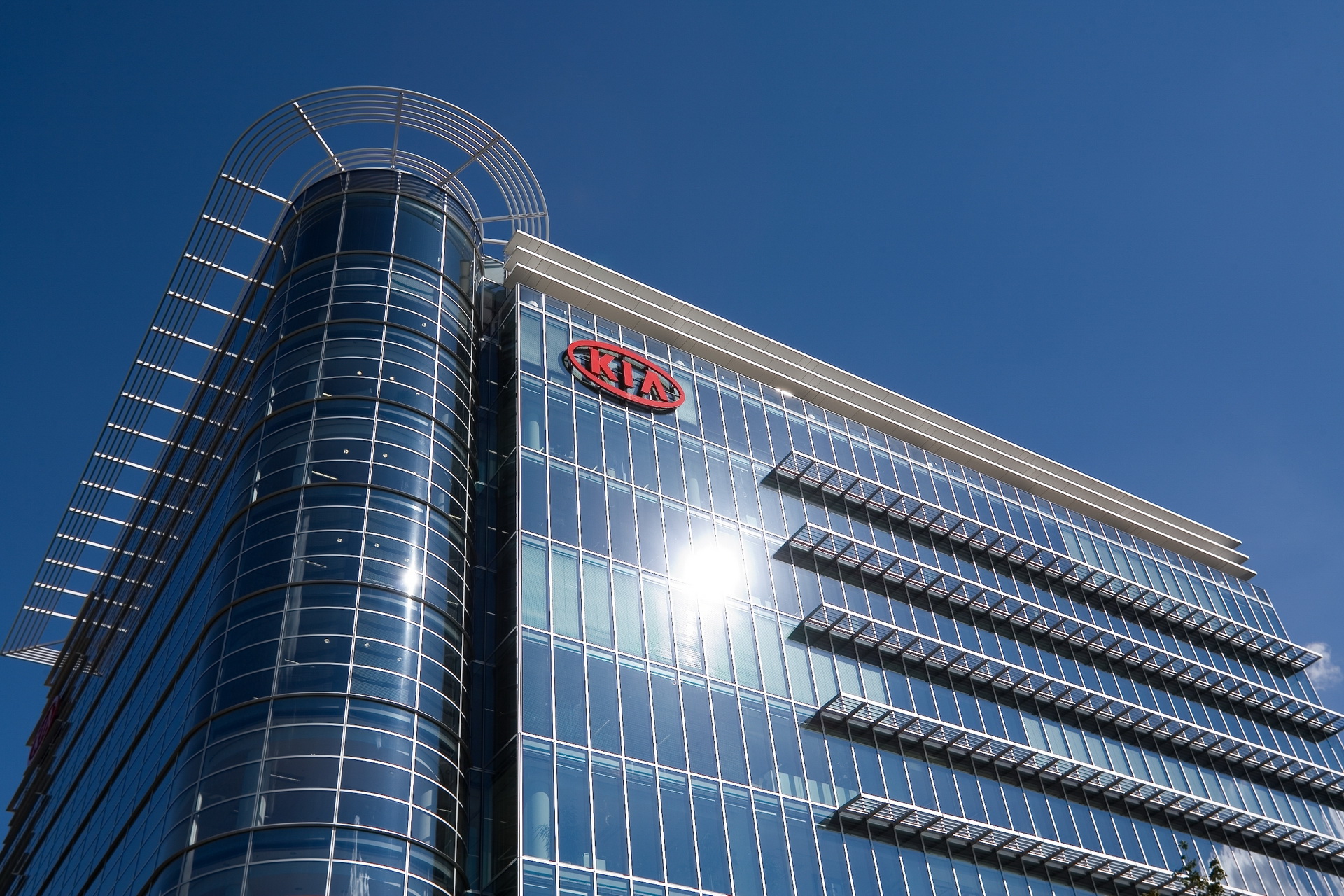Could the worst be over? Seems that way, according to Kia Europe chief operating officer Emilio Herrera, who anticipates that new car sales in Europe could return to “more or less” normal levels in July, as governments begin to relax COVID-19 restrictions.
Still, before that can happen, registrations will drop steeply, with volumes for April reaching “catastrophic” levels, he said in an interview with Autonews Europe.
The Kia exec stated that registrations in the EU will be down 75 to 80 percent in April, although this sales decline is likely to be less severe (around 50 percent) in May, as dealerships in major markets begin to resume business.
Read: A New Kia EV Is Coming To The U.S. Next Year
By June, Herrera expects the year-on-year decline to be at 25 percent, although that number could be reduced further if governments would introduce incentives programs to encourage buyers to ditch their old car in favor of a brand new one.
“We need to put in place scrappage plans like in 2009,” he said during a separate interview with Reuters. “Electrified cars are much more expensive than combustion-engined vehicles. If we want to stimulate demand now, we need to help the low income people who are first going to lose their job.”
These types of stimulus packages could incentivize customers to buy all kinds of vehicles, not just EVs and hybrids, thinks the Kia exec.
In order to attract new customers, Kia plans to offer insurance in Europe that protects buyers from having to keep making monthly payments on a new vehicle if they lose their jobs. This program costs 15 to 20 euros per month and would allow buyers to delay monthly payments until they are rehired.
Last month, the Korean brand resumed production for its Ceed compact car and Sportage crossover at its only European plant in Zilina, Slovakia.




